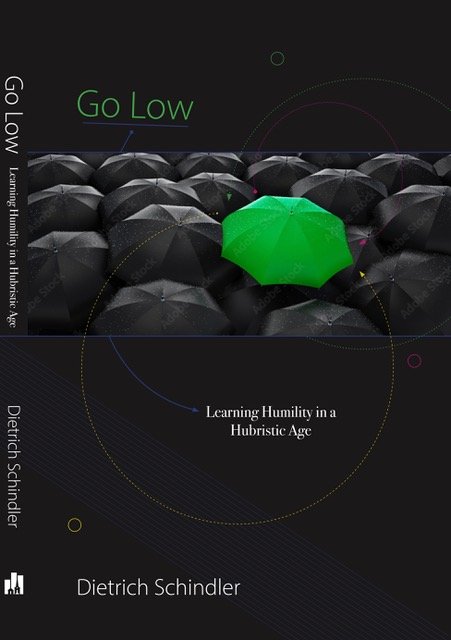Chapter One - Frisky
Click on the link on the front of my website to order.
Frisky
“In his blue gardens men and girls came and went like moths
among the whisperings and the champagne and the stars.”
- The Great Gatsby[i]
Have you ever experienced something so gloriously joyous that you couldn’t stop laughing? As a boy growing up in a blue-collar middle-class home, I remember such times of exquisite laughter.
My dad was a hardworking electrician who, when he wasn’t bending pipe, wiring houses, or trouble shooting problems in a foundry, was doing side jobs. When he wasn’t earning a little extra to pay for our fishing adventures, he would be out in his shop working. My brother and I were his apprentices. It seemed like we were always working. It felt like we never had a time clock to punch out. I grew to regret that I wasn’t free to join my friends at play because my jobs weren’t yet finished.
Sundays were the days we stopped working, even my German father stopped. On rare Sunday afternoons after having a nap and enjoying Kaffee und Kuchen, my younger brother and I would play on the family room floor with our plastic soldiers as we built forts with wooden blocks to try to knock each other’s fortress down with marbles catapulted.
Sometimes, out of the blue, Pop would swoop down on us and begin to wrestle with us. He was on the floor, and in a flash, we were on him. Up and down we went, rolling over and over. The laughter was so raucous – from all three of us - that I remember needing to cough uncontrollably. We had tears in our eyes, it was so much fun. This was pure unexpected joy. And it was frisky.
Friskiness is playfulness. Kittens tumbling about on each other, Keith Jarrett improvising, a courting couple walking side-by-side are playful. Friskiness is frolicsome, uninhibited, sportive joy.
Friskiness in and of itself is neutral. Yet when it is brought in contact with an overestimation of the self it can turn bad like lettuce left too long in the refrigerator. In this regard playfulness becomes the gateway to pride.
Dutch painter Hieronymus Bosch illustrates for us what happens when frivolity tethered to self ripens. Around 1500 Bosch painted a picture of a ship loaded with people who are living it up. Men and women are seen in festive gaiety, eating sumptuous food and drinking large amounts of fine wine. In total disregard to safety two naked men have gone overboard and are in danger of drowning but seem unaffected. The lute and the bowl of cherries suggest sexual arousal. In the middle of the picture a pancake is suspended from a mast without a sail and people are trying to eat it. The pancake resembles the hostie of the Lord’s Supper. These are obviously people who have a great appetite for food, while neglecting the bread of life. Instead of an oar that would steer the ship, we see a giant wooden spoon. The ship is far from shore, in great danger, yet those in the ship are, in their frivolity, oblivious to their impending doom. It is such an absurd scene that even a court jester has turned his back on the festive crowd.
Bosch is granting us a glimpse of those who have substituted baser appetites for a life lived in reverence to God. These people are obviously delusional, and having lost their internal compass they have become unmoored; in their journey through life, they are terribly lost. An owl, often symbols of wisdom, is seen frowning. These are not wise people. The painting is a commentary on society then and now. Fittingly, Bosch entitled his painting “Ship of Fools.”
[i]F. Scott Fitzgerald. The Great Gatsby. (London: Random House, First published 1925 (Everyman’s Library 1991), p 33.
